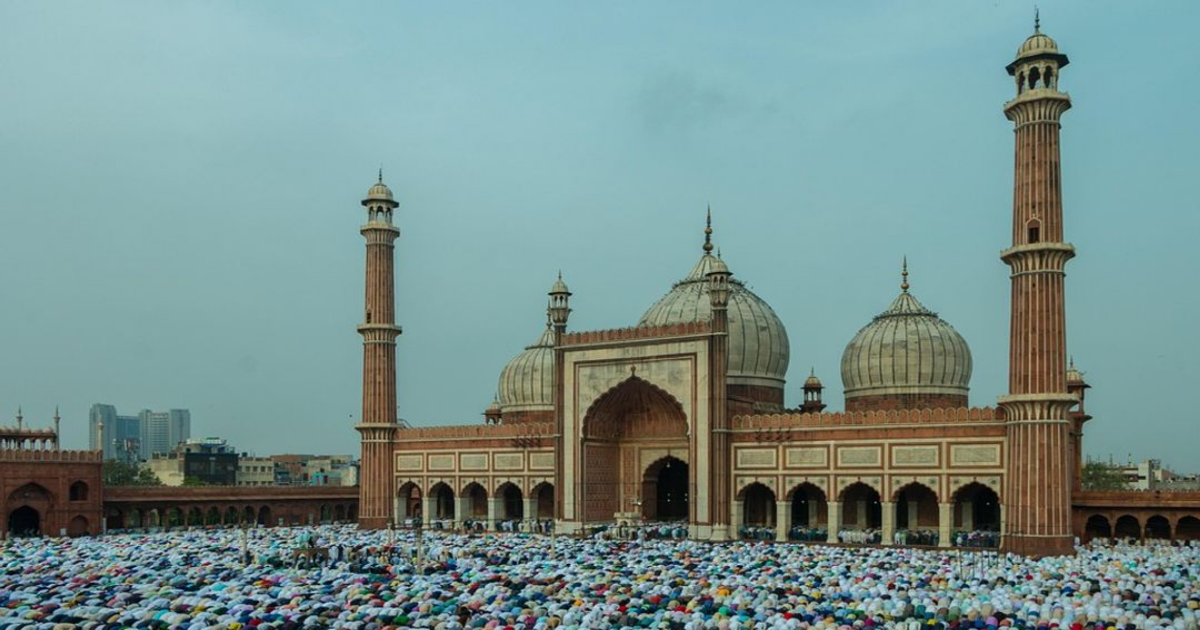Eid al-Fitr, which means “festival of breaking the fast,” is one of the most important holidays in the Muslim calendar.
“It’s one of the most significant celebrations in Islam,” said Kader Bouazza, president of the Regional Council of the Muslim Faith for the Poitou-Charentes region area of western France and rector of the Angoulême Mosque, in a 2021 interview with La Croix.
This day marks the conclusion of the fasting observed throughout Ramadan, which began this year on March 1. On the morning of Eid, worshipers gather at the mosque for communal prayers, starting with zakat al-fitr—a form of almsgiving required of each Muslim. The collected donations are distributed to those in need.
After giving zakat, the faithful perform the early morning prayer, during which the imam asks “God to extend His mercy,” Bouazza said. Some attendees remain afterward to recite verses from the Quran together.
“By the end of Ramadan, the believer emerges victorious,” Bouazza added. “They’ve gained friendship, communication with God, and a sense of piety.”
In the afternoon, many visit the graves of deceased loved ones—“similar to how Christians observe All Saints’ Day,” Bouazza said. Worshippers then check in on elderly relatives who may not be able to travel and gather with family to celebrate. In some cases, the festivities last up to three days, giving everyone time to offer well-wishes to friends and loved ones.
Who decides the date of Eid al-Fitr?
The date of Eid is determined by the “night of doubt,” when religious authorities look for the new crescent moon. This year, it fell on March 29. In Saudi Arabia—home to Mecca, Islam’s holiest city—Eid al-Fitr was celebrated March 30. In Indonesia, the world’s most populous Muslim-majority country, it was observed a day later, on March 31.
What is the origin of Eid al-Fitr?
Eid al-Fitr marks the end of Ramadan, a sacred and spiritually intense month in the Islamic calendar. According to Islamic tradition, the Quran was revealed during Ramadan, on the “Night of Destiny.”
Once this “blessed month” concludes, Bouazza said, believers are encouraged to carry the spirit of Ramadan forward—maintaining acts of kindness, generosity, and devotion throughout the year.
Eid al-Fitr also marks the completion of the fourth pillar of Islam: fasting during Ramadan, the ninth month of the lunar calendar. From dawn to sunset, Muslims abstain from food and drink—experiencing physical deprivation as a way to cultivate spiritual awareness, solidarity, and gratitude.
“Ramadan gives us strength, wisdom, and respect—for others and for ourselves,” Bouazza said.
